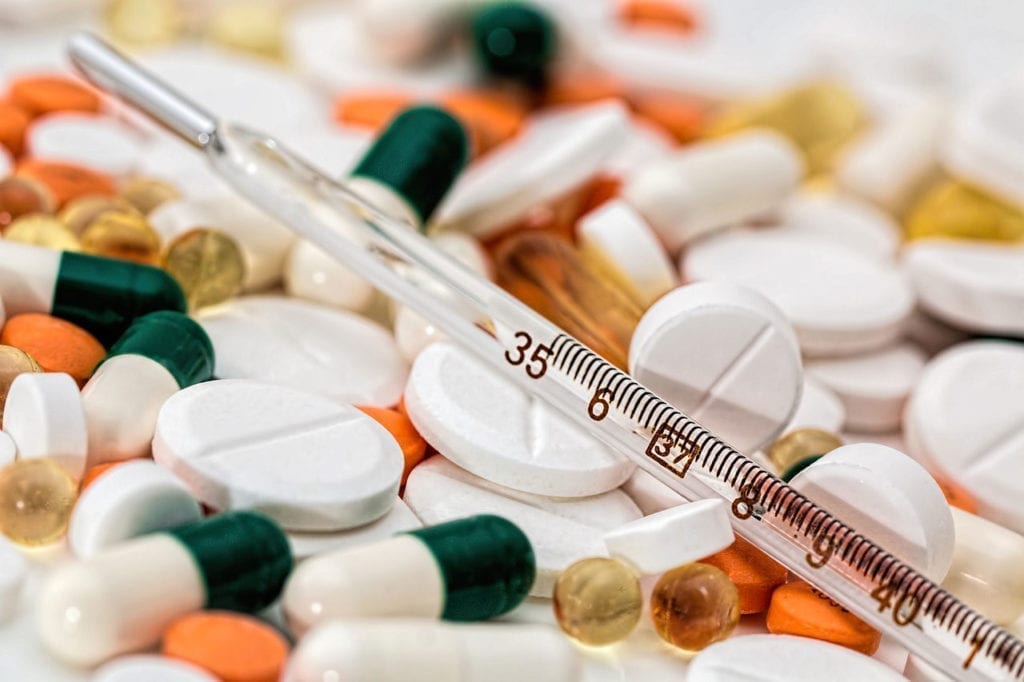Since its inception, biopharmaceutical company Reistone Biopharma Co. Ltd. (“Reistone”) has worked to develop treatment options for patients with immuno-inflammatory and autoimmune conditions. Most recently, their drug candidate SHR0302, which the company licensed from Jiangsu Hengrui Medicine Co., Ltd (“Jiangsu”), met its primary and key secondary endpoints in the Phase 2 AMBER2 clinical trial. During the trial, researchers evaluated the therapy for patients with moderate-to-severe ulcerative colitis (UC). Read the press release here.
SHR0302
During the study, researchers evaluated the safety, efficacy, and tolerability of SHR0302. This selective Janus kinase type 1 (JAK1) inhibitor is being explored as both an oral and topical treatment for UC, as well as other conditions such as Crohn’s disease. In the AMBER2 trial, researchers evaluated different doses of SHR0302. Altogether, 164 adult patients enrolled in the trial.
The different doses were SHR0302 8mg QD, 4mg QD, and 4mg BID. Some of the findings included:
- SHR0302 was safe and well-tolerated, with any side effects being considered “mild.”
- Patients in all three treatment arms achieved higher than a 43.0% clinical response rate. Compared to a placebo, SHR0302 was significantly more effective in reducing symptoms and helping patients to achieve remission.
Ulcerative Colitis (UC)
Ulcerative colitis (UC) is a chronic inflammatory disease causing irritation, sores, and ulcers in the large intestine (colon). The condition is caused by an overactive immune system. However, there are also risk factors which increase the chance of having UC, such as being a young adult or over 60 years old; having a family history of UC or another inflammatory bowel disease (IBD); or having Jewish ancestry. Currently, an estimated 700,000 Americans have UC.
As described by the Crohn’s and Colitis Foundation, there are also multiple subtypes of UC, such as extensive colitis; left-sided colitis; pancolitis; and ulcerative proctitis. Common UC-related symptoms include:
- Loose bowel movements
- Bloody stool
- Unintended weight loss
- Appetite loss
- Bowel movement urgency
- Rectal pain and bleeding
- Abdominal and joint pain
- Anemia (low red blood cell count)
- Nausea and vomiting
- Rash
Although there is no cure for UC, certain treatments can reduce symptoms and improve quality of life (QOL).








